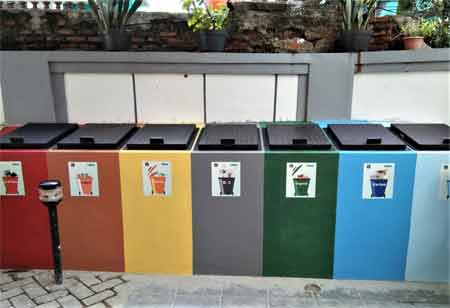During the lockdown, waste generation trends have transformed in several places, as businesses and restaurants have shuttered, tourism has dried up, and some inhabitants have relocated.
Fremont, CA: COVID-19 has an impact on waste systems all around the world. The pandemic is jeopardizing the safety of frontline waste collection and sorting employees in the Global South, and it has forced tens of thousands of informal waste collection employees to lose their jobs. Globally, outbreaks have disturbed international recycling markets and modified garbage generation patterns. Secondary effects with longer-term consequences are also beginning to emerge.
Here are three practices for safe waste management services during the pandemic:
Adapt to new waste generation patterns
During the lockdown, waste generation trends have transformed in several places, as businesses and restaurants have shuttered, tourism has dried up, and some inhabitants have relocated. As cities reopen, these patterns are likely to shift again, but they may differ from pre-crisis ones.
Cities should record these new and evolving sources of trash generation to detect changes, requirements, and opportunities. People are growing more food at home worldwide as a result of expanded household farming, which could open up new prospects for broadening home composting programs. Cities should also endeavor to identify local sources of COVID-19 hazardous waste,

